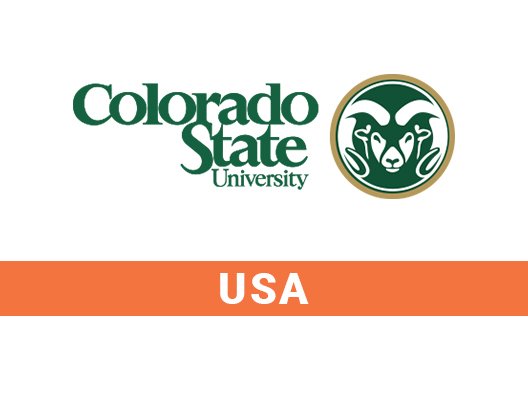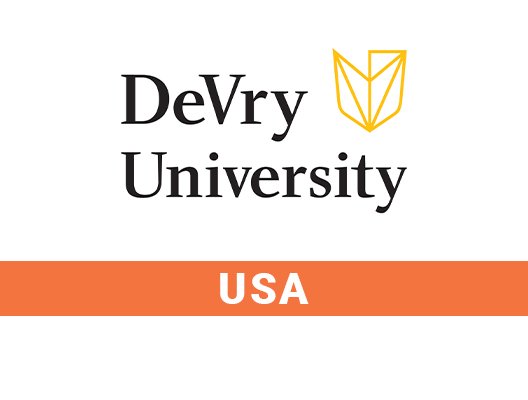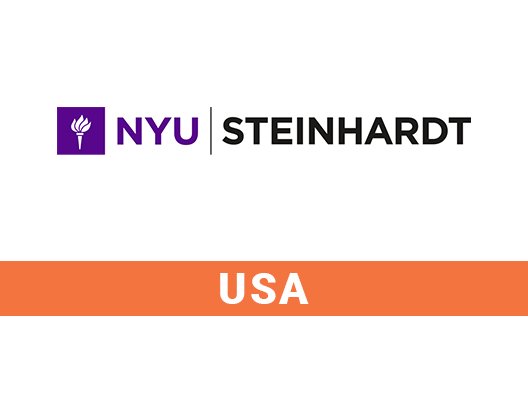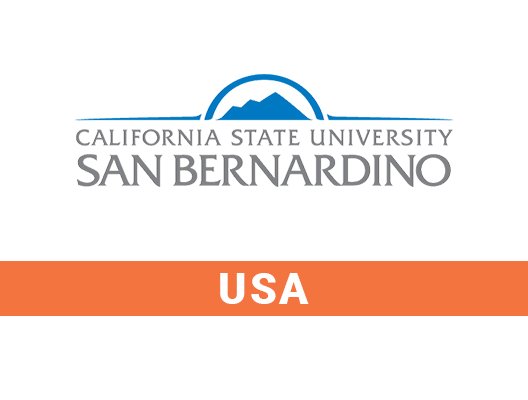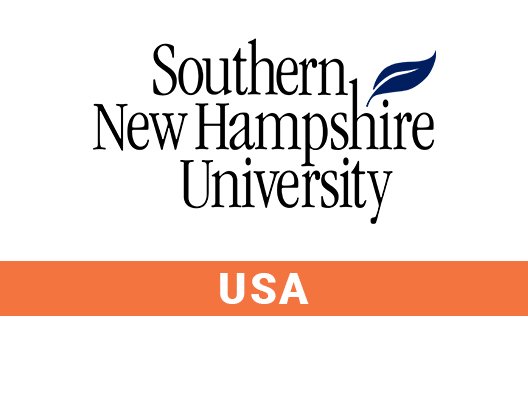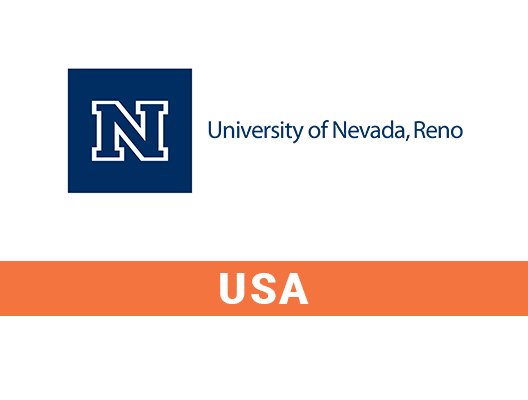
Unlock Your Path to Success: Discover Studying in the USA
The USA stands out among countries that welcome students from throughout the world as a top choice for international students. The United States of America, widely regarded for its exceptional educational system, inventive pedagogical approaches, and heterogeneous cultural milieu, has an abundance of professional opportunities for learners seeking to expand their perspectives. Scholarships from several American colleges guarantee international students a secure future. After you graduate, you might be able to apply for Optional Practical Training (OPT). This allows you to work in the US for up to 12 months in a job related to your studies. If you graduated with a degree in science, technology, engineering, or math (STEM), you can apply to work for an extra two years in a related job.
F -1 Visa Requirements by US Embassy
If you want to study in the United States, you need to know about the F-1 student visa application process. Over one million international students are currently studying in the USA, and with the right preparation and guidance, you can join them. To help you get started, we have created a step-by-step guide to US visas. This guide will explain what an F-1 visa is, the rules for F-1 visas, and the requirements you need to meet. At iae GLOBAL, we are always available to help and guide genuine students round the clock.










